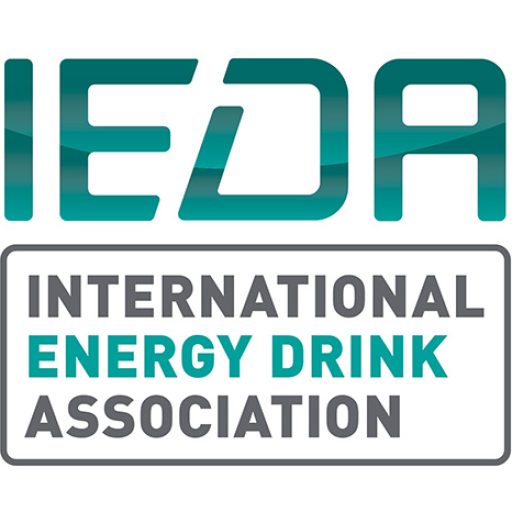
ENERGY DRINK =
1. ENERGY (sugar) ,
2. ALERTNESS (caffeine) ,
3. VITAMINS (B-vitamins)!
Energy drinks are designed to quickly provide energy and alertness, while also supporting the body with vitamins.
1. ENERGY
Just like a sports car won’t move without fuel, your body can’t function without energy.
Sugar is the human body’s fuel..
2. ALERTNESS
Caffeine can improve concentration and alertness, enhance endurance and strength, boost mood, and reduce the risk of depression.
It may also have a positive impact in preventing Alzheimer’s and Parkinson’s disease, lower the risk of type 2 diabetes, and benefit skin and hair health.
One can of energy drink contains roughly as much caffeine as an espresso.
3. VITAMINS
Energy drinks contain significant amounts of B vitamins that cover the recommended daily intake.
Vitamins B1, B2, B3, B5, B6, and B12 support metabolism, the immune system, and the nervous system, contributing to heart and brain function.
Some energy drinks also contain vitamins C, D, and E for additional immune and cellular protection.
WHAT ELSE IS IN THE CAN?
- Water – for hydration
- Citrates – for a pleasantly sour taste
- Carbonation – for faster absorption
- Flavors – e.g., tutti frutti, apple, watermelon
- Colorants – caramel, plant extracts
- Functional ingredients – e.g., taurine, amino acids, guarana
GOOD TO KNOW
- The world’s largest caffeine study (66,531 participants) confirmed that a healthy adult can safely consume up to 400 mg of caffeine per day — equivalent to 5 cans (250 ml each) of energy drink.
Chart + source
- The European Food Safety Authority (EFSA) has confirmed that caffeine — whether found in coffee, tea, cola, or energy drinks — is always the same molecule (1,3,7-trimethylxanthine), and has the same effect on the body regardless of the source.Therefore, if caffeine consumption is discouraged for children, all caffeinated products — including coffee and cola — should be avoided, not just energy drinks.
Chart + source
- Research also shows that for those under 18, the main source of caffeine is coffee — from which they consume more than twice the caffeine compared to tea and energy drinks combined.
Chart + source
